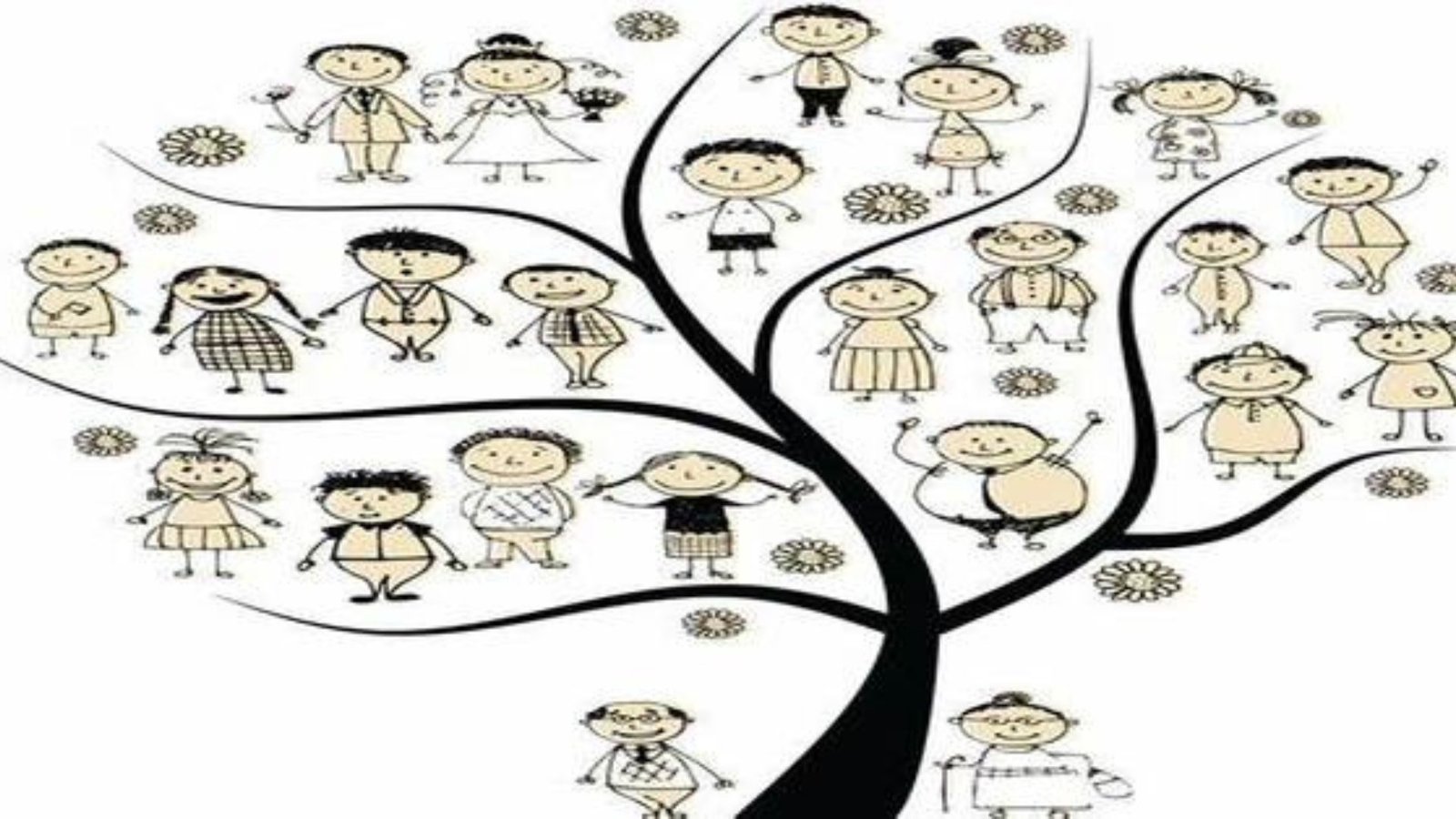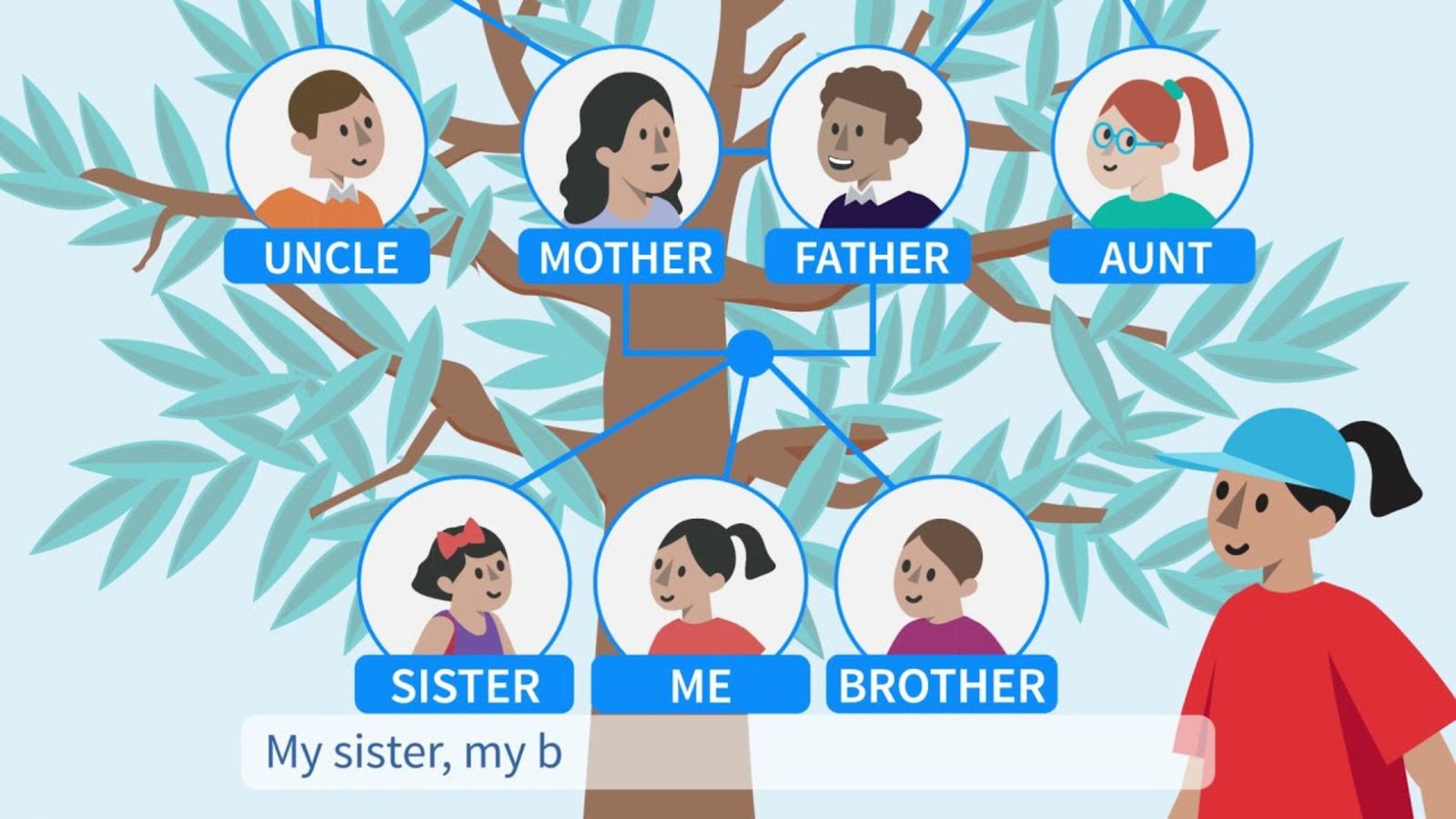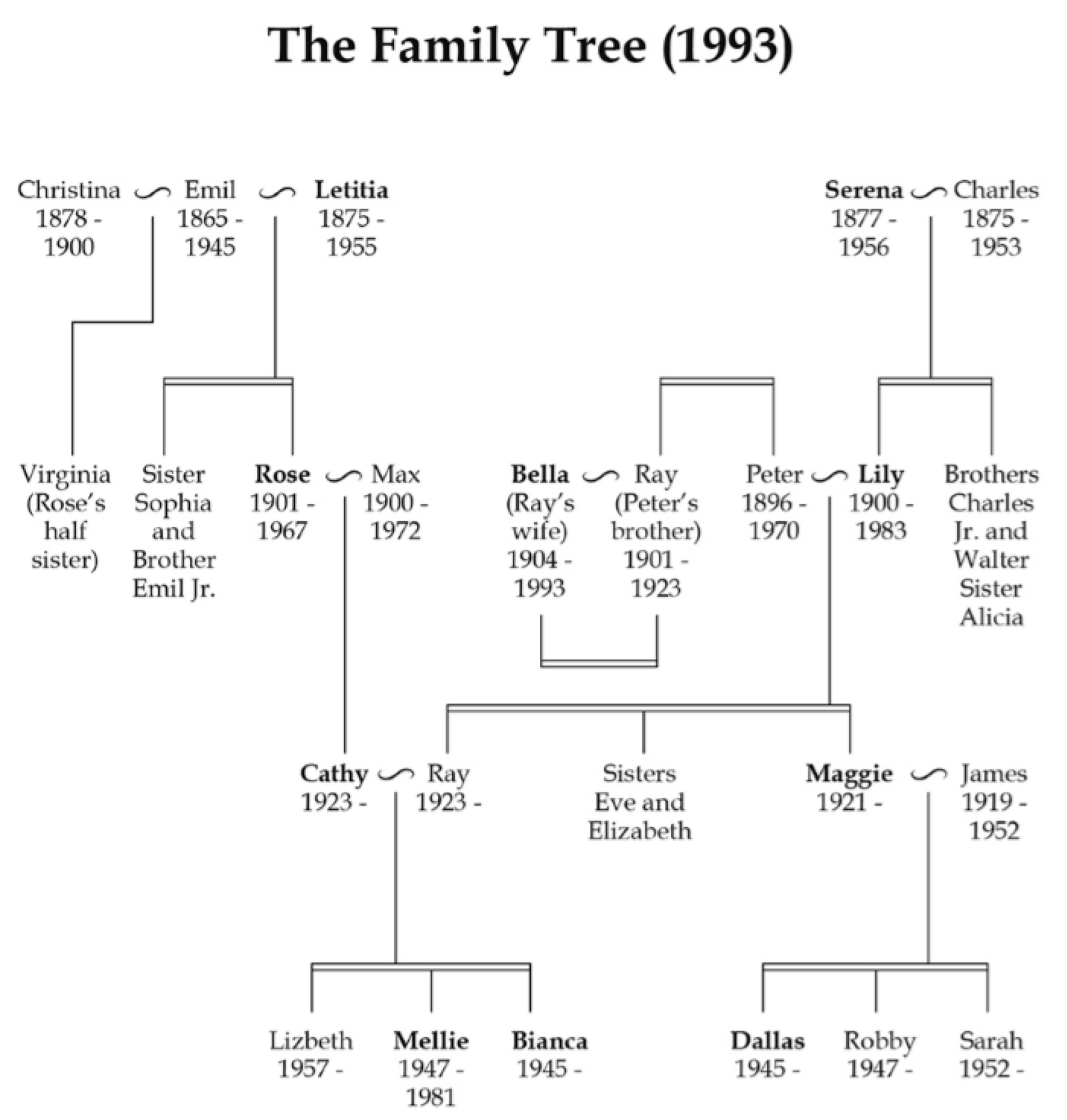Family lineage is much more than just a collection of names and dates. It is a powerful and meaningful connection to our past, offering insight into our heritage, culture, and identity. Tracing family lineage allows us to better understand who we are, where we come from, and how our ancestors shaped our lives. In this article, we will explore the importance of family lineage, from preserving traditions to providing a sense of identity.

1. Understanding Your Heritage and Culture
One of the most significant reasons to explore family lineage is to better understand your heritage and cultural background. Your family history carries the stories of the generations that came before you, including their traditions, customs, and values. Learning about your ancestors’ lives can help you discover unique aspects of your heritage, whether it’s related to food, language, religion, or community practices.
For example, you might learn about specific cultural festivals or ceremonies that have been passed down through generations. You might also uncover connections to historical events that shaped your family’s experiences. By tracing your family lineage, you keep these traditions alive and ensure that future generations continue to appreciate and practice them.
2. Strengthening Your Sense of Identity
Family lineage plays a crucial role in shaping your personal identity. When you understand where you come from and the struggles and triumphs of your ancestors, it can give you a stronger sense of who you are. Knowing about your ancestors’ experiences, achievements, and even challenges can instill a deep sense of pride and connection to your roots.
Your family’s story can also provide answers to important questions about yourself, such as why certain traits, values, or behaviors are important to you. It’s often said that we are shaped by our ancestors, and tracing your family lineage allows you to see the connections between the past and the present. By learning about their struggles, triumphs, and decisions, you can gain a better understanding of your own life and how you fit into the broader story.
3. Connecting With Distant Relatives
Another important aspect of family lineage is the opportunity to connect with distant relatives. As you trace your family history, you might find long-lost cousins, uncles, or even great-grandparents who can provide additional details about your family’s past. These connections often lead to new relationships, and can expand your understanding of your lineage.
In today’s world, many online platforms and genealogical tools make it easier to connect with others researching the same family name or ancestors. Through social media, genealogy websites, or family reunions, tracing your lineage can help you build a broader network of relatives, some of whom you might not have known existed. These connections can enrich your understanding of your family’s story and bring people closer together.
4. Preserving Family History for Future Generations
Family lineage is essential for preserving history for future generations. By recording your family’s story and documenting key events, you ensure that future generations have access to the knowledge and experiences of their ancestors. Family history is more than just names and dates; it is the shared experiences that define who you are as a family.
If you’ve ever heard stories about your great-grandparents or learned about your family’s past through anecdotes, you know how valuable these memories can be. As time passes, memories can fade, and stories may be lost. By documenting your family lineage through oral history, photos, and written records, you preserve these precious memories for your children, grandchildren, and beyond.
5. Health and Genetic Insights
Tracing your family lineage is also important for understanding your health and genetics. By studying the medical histories of your ancestors, you can identify patterns of hereditary diseases or conditions that may affect you or your children. Knowing about health conditions that run in your family can help you take proactive steps to manage your health and make informed decisions about medical care.
For example, if certain cancers, heart conditions, or mental health disorders appear frequently in your family, knowing this information can encourage you to take preventive measures or seek early screenings. Many people also turn to genetic testing, which provides insights into ancestry and health risks, giving individuals a more complete picture of their genetic makeup.
6. Learning from Past Mistakes and Achievements
Family lineage provides valuable lessons from both the successes and mistakes of past generations. By learning about your ancestors’ experiences, you can gain wisdom that helps you navigate your own life. Perhaps you can avoid certain mistakes that were made by previous generations or continue a successful family tradition.
For example, learning about how your ancestors overcame difficult circumstances—whether it was surviving a war, migrating to a new country, or building a successful business—can provide you with inspiration and strength. At the same time, understanding past struggles and mistakes can offer valuable life lessons that help guide your decisions today.
7. Building a Family Legacy
Understanding your family lineage allows you to create a legacy that extends beyond your own life. When you know the stories of your ancestors and the values they upheld, you can decide what kind of legacy you want to leave for your own children and grandchildren. You might want to pass down certain traditions, beliefs, or qualities that were important in your family.
Building a legacy also involves teaching younger generations about their roots and encouraging them to take pride in their family’s history. By sharing stories, maintaining traditions, and passing on knowledge, you ensure that your family lineage will continue to inspire future generations.
8. Exploring Family Lineage Can Be an Exciting Journey
Tracing your family lineage can be an exciting and rewarding journey. Not only will you learn more about your ancestors, but you’ll also experience the thrill of discovery as you uncover hidden family stories, old photos, and surprising connections. Each new piece of information brings you closer to understanding your family’s complete history.
From visiting ancestral towns to piecing together old family photos, exploring family lineage can be an adventure. As you uncover new facts about your ancestors’ lives, you may uncover unexpected links to historical events or even famous figures.
Conclusion
The importance of family lineage cannot be overstated. Tracing your family’s history connects you to your heritage, strengthens your sense of identity, and helps preserve valuable memories for future generations. Whether you are learning about your culture, connecting with distant relatives, gaining health insights, or building a lasting legacy, your family lineage offers rich and meaningful stories that are worth exploring. By delving into your family history, you gain a deeper appreciation for your ancestors’ lives and create a stronger bond with your own family’s future.










